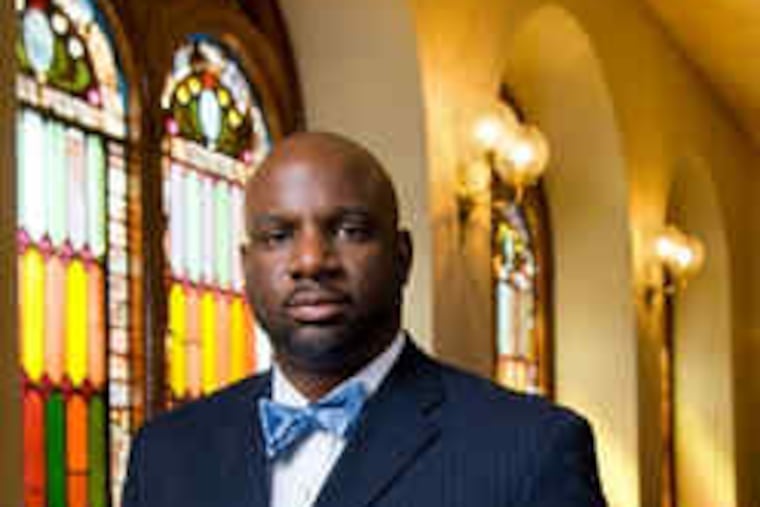Reconciliation service addresses churches' 200-year-old rift
More than 200 years ago, black parishioners led by Bishop Richard Allen walked out of St. George's United Methodist Church after they were forced to stand during a prayer and move to a segregated section of the church.

More than 200 years ago, black parishioners led by Bishop Richard Allen walked out of St. George's United Methodist Church after they were forced to stand during a prayer and move to a segregated section of the church.
Allen went on to found Mother Bethel Church, the first African Methodist Episcopal church on Lombard Street near 6th.
But over the years, St. George's and Mother Bethel remained torn by memories of the past.
That will change on Oct. 25, when members of Mother Bethel return to the predominantly white St. George's, 4th Street near New, for Sunday morning worship, for the first time since the walkout.
"It's a really unique opportunity for both of us," said the Rev. Mark Kelly Tyler of Mother Bethel. "And we are beginning to see the real significance of this joint event."
Added the Rev. Fred Day of St. George's: "I hope this is the first of many [joint] services."
For St. George's, the reunion marks the 240th anniversary of its founding, and Mother Bethel is celebrating the 250th birthday of Bishop Allen this year.
The joint worship started as a spontaneous idea by the two pastors to coincide with their respective anniversary celebrations. And both quickly realized the importance of the event.
But when asked why the reunion had not happened sooner, Tyler said reconciliation is often painful, bringing back memories of injustices and differences.
"You can't come together without acknowledging the reasons why we came apart," he said.
For St. George's, reconciliation began nine years ago at the general conference of all United Methodist churches.
Since then, St. George's has been reaching out to AME churches in Philadelphia and holding joint services.
"In the past, St. George's stood as a symbol among some for racial segregation," said Day.
"Now, we have a chance to say that we could be a symbol today that racial hostility does not have to stay."